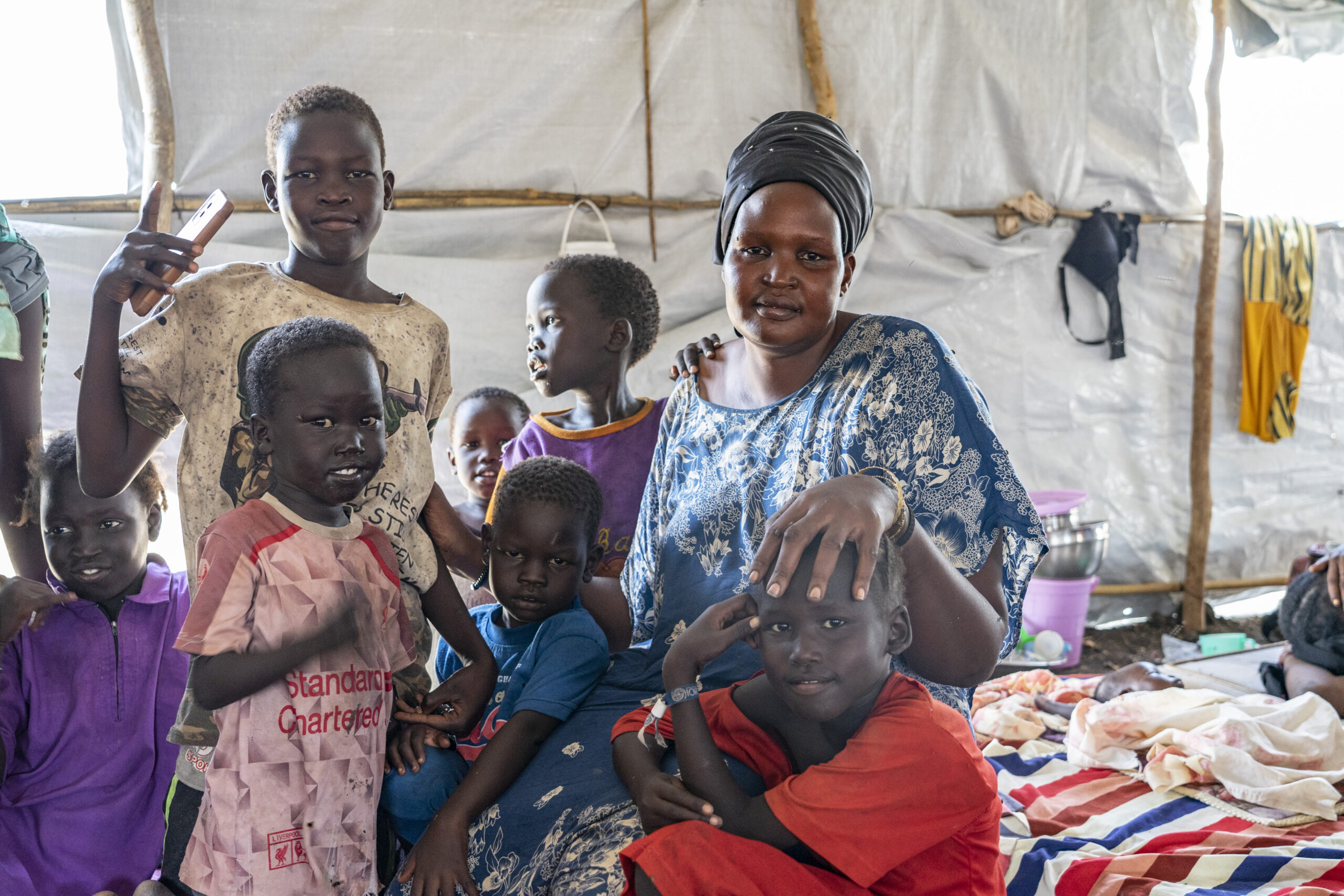
It’s hard to imagine being uprooted and forced to flee your home.
The every day to day routines, of school-runs and commuting to work, of grocery shopping and that pint at the local or simply watching TV at home – these ordinary things, often taken for granted, happen without fear.
But not everyone is as lucky, from Ukraine to Gaza, to Sudan or Myanmar – life for many in these places is not that peaceful ordinary.
They do not sleep without the fear of bombs in the night or go about their day unafraid of what the future may hold. The stories of refugees, of journeys and acts of bravery and survival – Listening to the voices of refugees and the displaced should have us constantly thinking –
What if that was me?
Recently, we have heard other voices, divisive voices which would pit us against those forced to flee or immigrants just trying to make a better life for themselves and their families.
These voices would have us forget that asylum is a human right protected by law for all of us and that as Irish people we, most of all, have a shared history of forced emigration and oppression.
Anger directed at vulnerable communities dishonors that heritage and denies the reality that Ireland is not full or of empty hearts – but mismanaged by cooperate greed which sees Ireland not as a community but an economy only. This is no fault of desperate people seeking safety.
These stories are a reminder not only of how lucky we are but how, despite national or cultural differences, we are all people with hopes and dreams and like the refugees we read in the headlines, they are mothers, fathers and brothers and sisters like ourselves and like them when facing the unimaginable – that peaceful ordinary becomes survival.
YOU can be that voice of welcome and understanding and stand in solidarity with refugees here and everywhere, especially in places forgotten in the media.
Partnered with JRS , we are supporting communities suffering due to the Sudan war which has left no city or village unravaged. Refugees fleeing into South Sudan face a humanitarian crisis
Batika (30) and her family arrived at Renk, a border crossing in South Sudan, from Khartoum. At the time of her interview at the transit centre, Batika and her family had been there for four weeks.
In Renk they stayed in one of the few shelters that was built for new arrivals. More shelters are being constructed in the area but due to the lack of resources and overcrowding Renk is becoming worryingly unstable with security and health concerns.
It took Batika and her family 2 days to arrive to Renk, they travelled mostly by foot and by car. As a result of all the walking, her feet have become swollen and now she suffers pain when walking.
Batika was a housekeeper in Khartoum. She complains that when war started, they could not go to work and with no income she could not buy food or water for her herself and her family.
Hungry and desperate, Batika tried to struggle through but after one of her relatives got raped by soldiers – the dangers and horrors of war became a reality. They could not stay, and violence was everywhere.
They fled in a group of 16 people (10 children, 6 adults).
Along the way they saw people being beaten by paramilitaries, they saw lots of violence and were often threatened at check points on their journey south to South Sudan. Batika and her family experienced all of this whilst running on little food and water.
“Life here is worse than before… we rely on NGOs for everything…
Batika hopes to continue travelling south into Juba where her son is. Her husband died in 2020 after he got attacked on the road. As a widow she is very vulnerable.
“I wish my children to go to school and be people who can feed themselves.” Batika cries.
She says she never imagined something like this would happen. She just wishes things to get better.
For World Refugee Week we have shared stories, like Batika’s, giving voice to those suffering in a humanitarian crisis where the peaceful ordinary is a distant memory.
You can help us support refugees experiencing the unimaginable by donating or sharing their stories.


